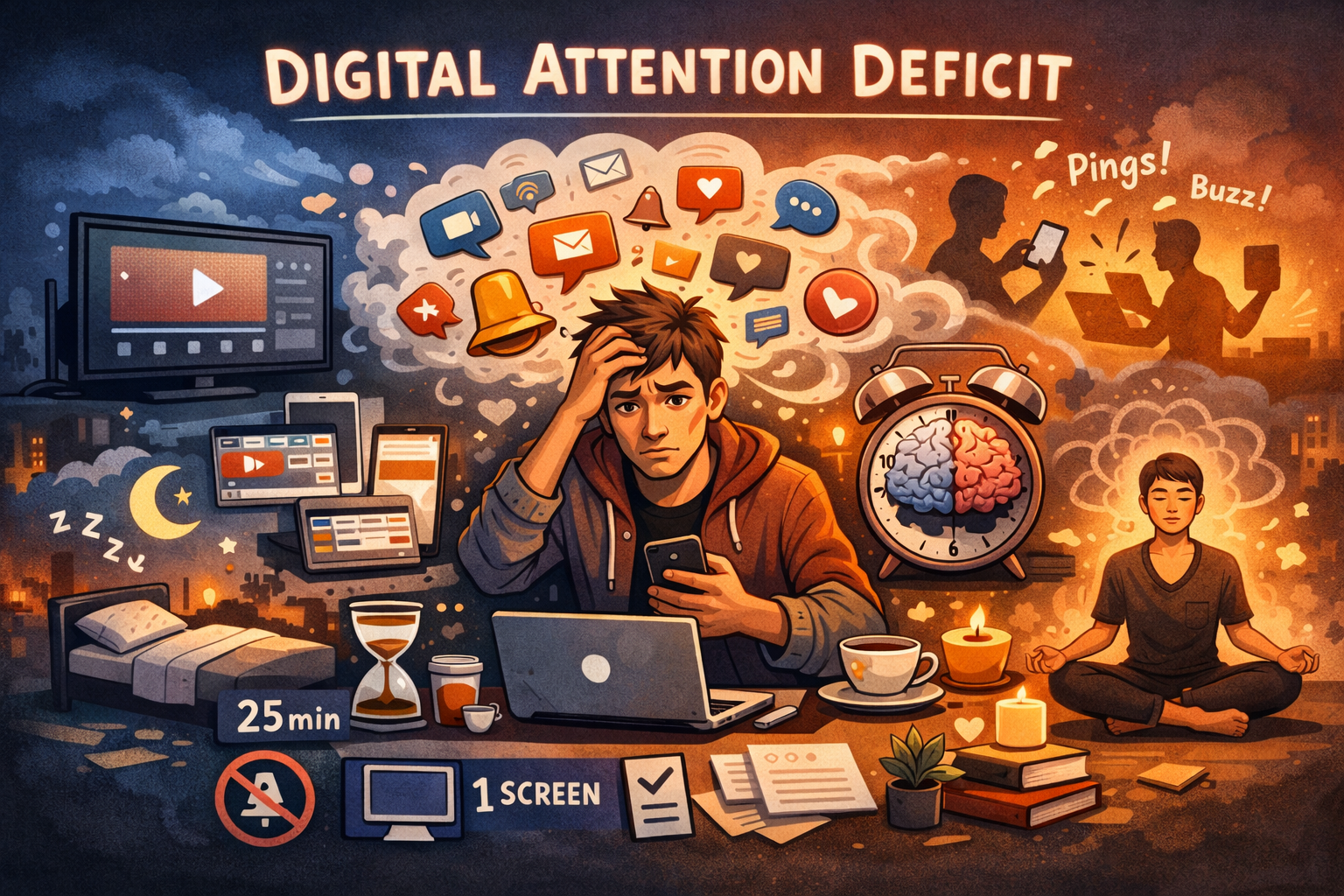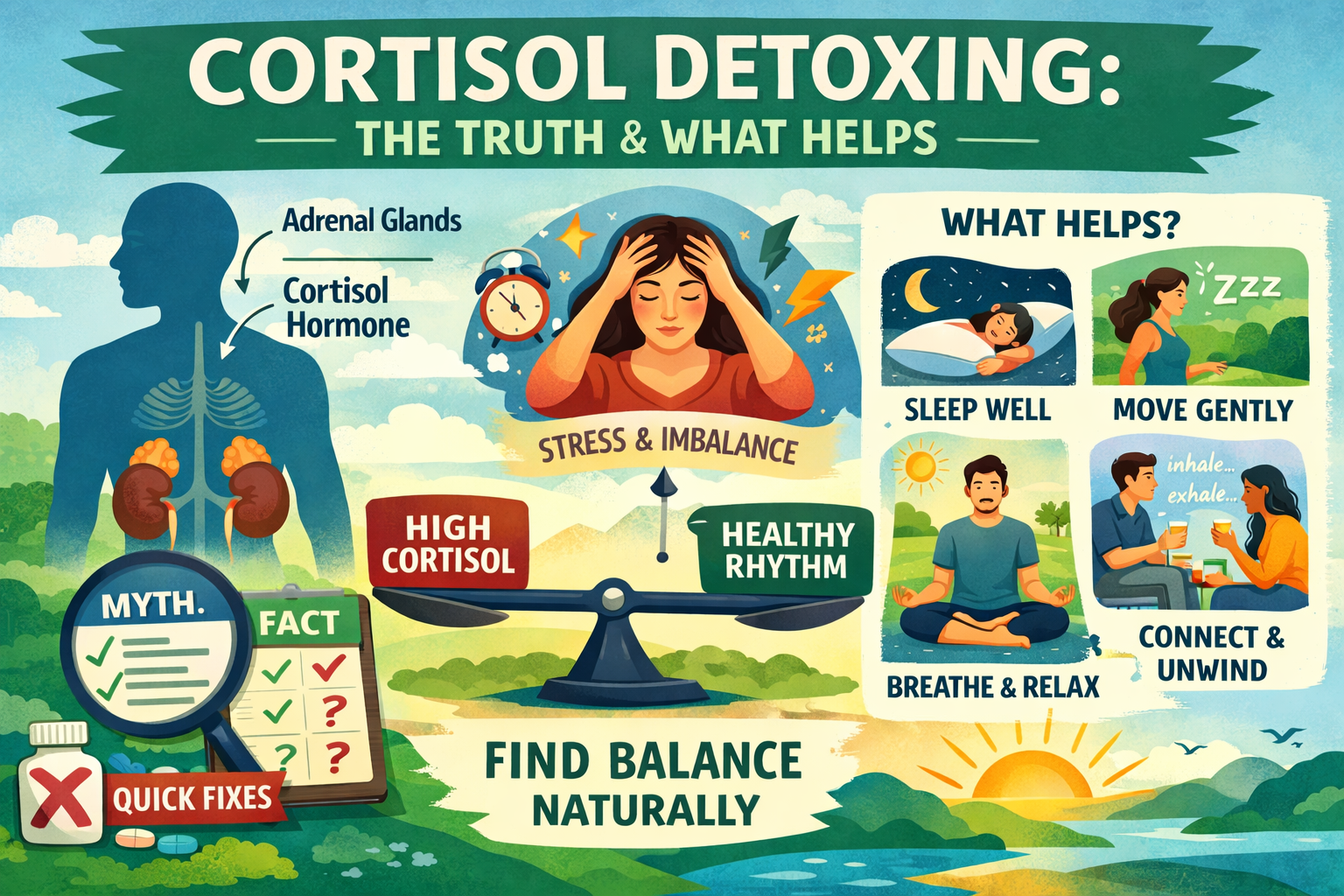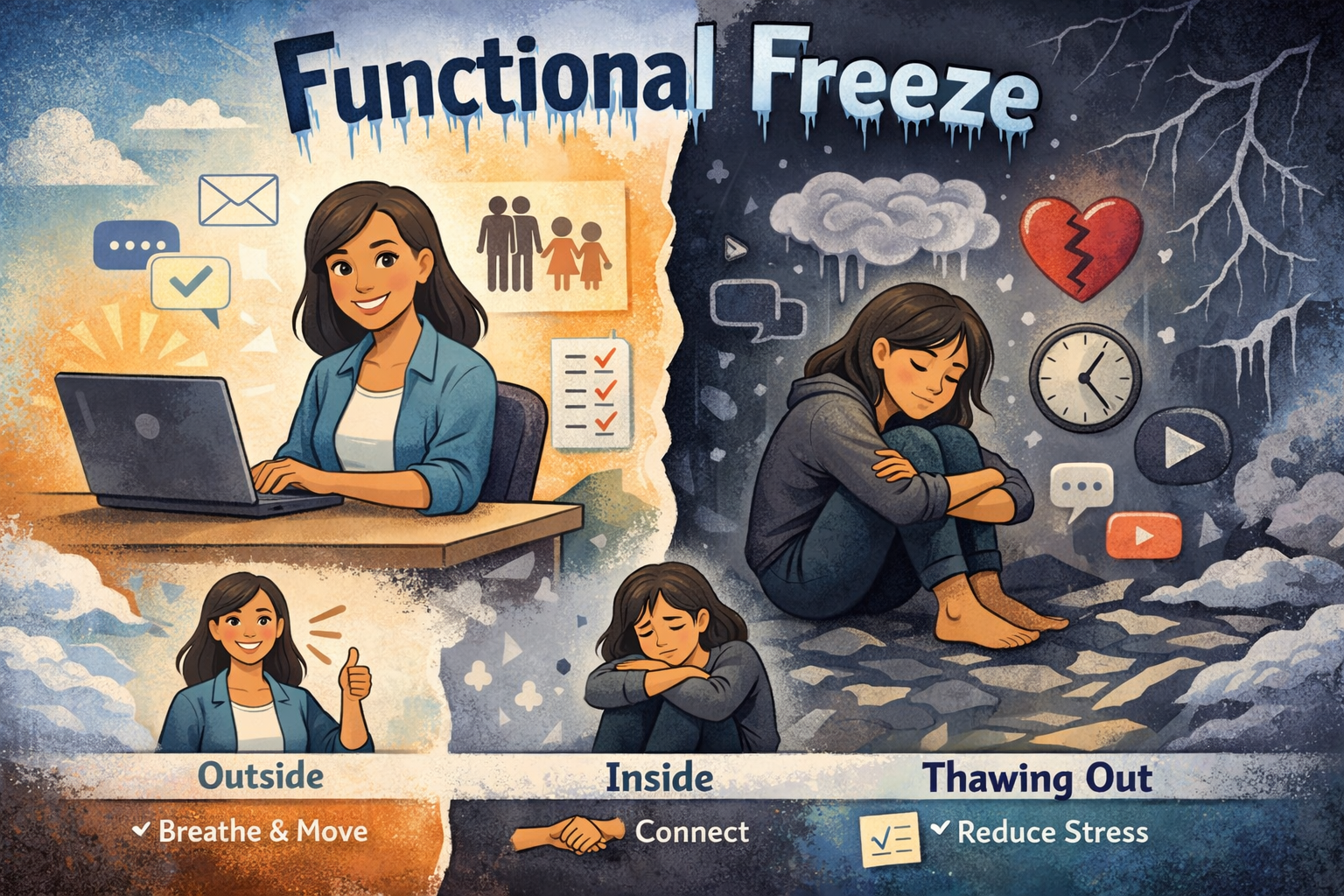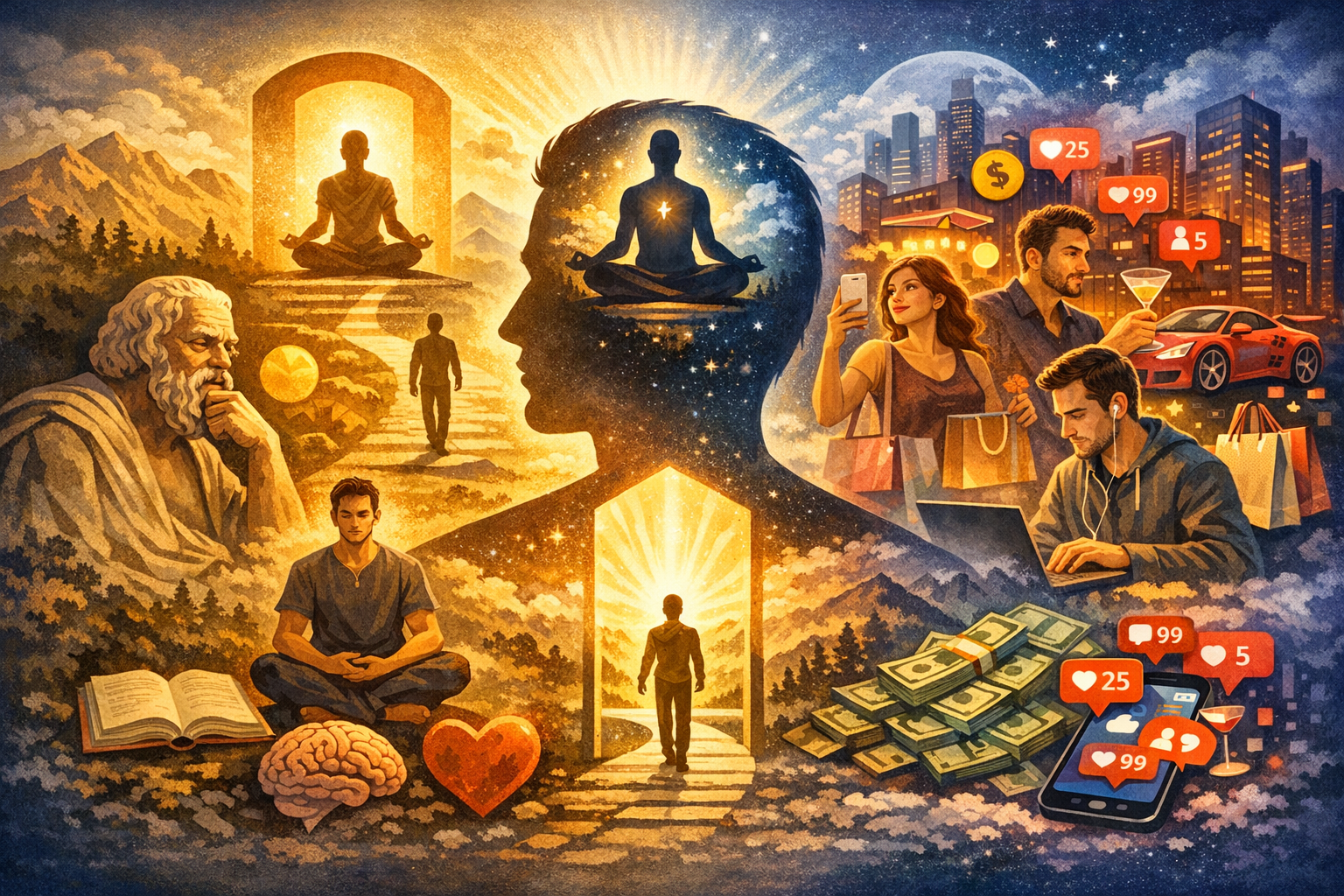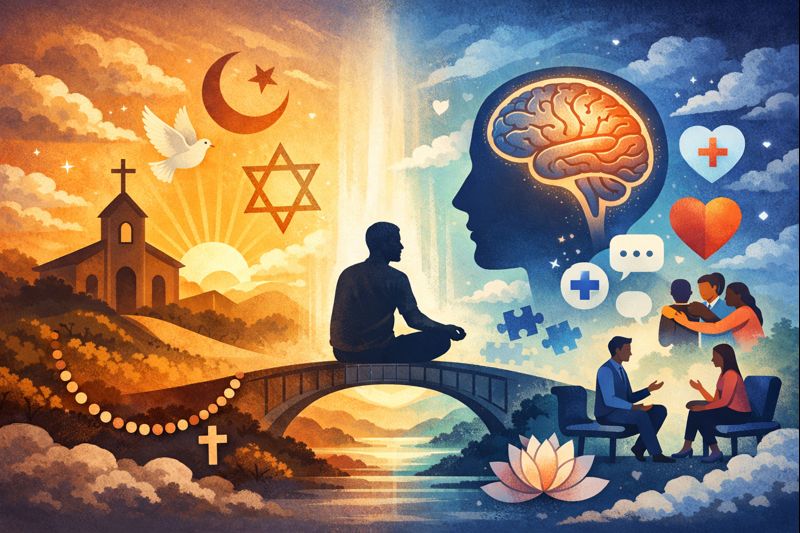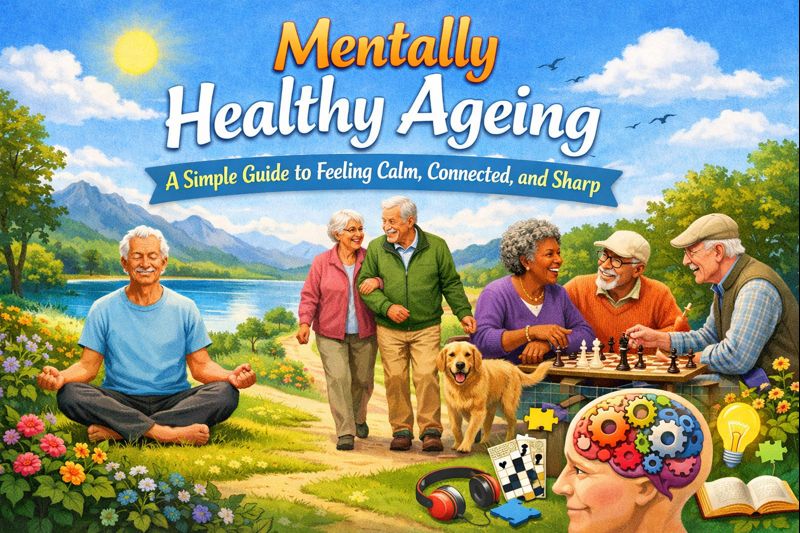Introduction
The world is seeing a rise in mental health issues. Nearly a billion people are struggling with mental disorders. Anxiety and depression top the list. In life, our relationships shape our mental health. But not all relationships are healthy and nurturing for us. Some can be toxic, hurting our mental well-being. This article looks at how to handle toxic relationships and build healthy ones for better mental health.
Understanding Toxic Relationships
What Makes a Relationship Toxic? Toxic relationships hurt us more than they help. They often involve:
- Manipulating each other,
- Constant criticism,
- Jealousy, and
- Lack of support.
Recognizing these signs is the first step to dealing with them. Toxic relationships can mentally exhaust us. The negativity and criticism can slowly harm our mental health, turning into serious issues.
The Impact on Mental Health
How Toxicity Affects Us: Toxic relationships don’t just hurt us inside. They can damage our other relationships as we lose emotional energy. Those in toxic relationships often get stuck in a cycle of negative thoughts. They may worry constantly, affecting work and productivity. It may lead to more stress, anxiety, and depression, leaving us feeling drained.
Recognizing Toxic Patterns
Signs of a toxic relationship can include:
- Feeling unhappy or drained after talking to someone.
- Being manipulated or controlled.
- A lack of respect and support.
- Constant negativity or criticism.
- Being afraid to be oneself.
Handling Toxic Relationships
Setting Personal Boundaries: It’s essential to set clear boundaries. We must tell others what we need and what we won’t accept in a firm but respectful way. Setting these boundaries helps prevent further harm to the relationship.
Seeking Professional Support: Consulting a therapist or counsellor can guide and support navigating toxic relationships. They can offer strategies tailored to our specific situation.
The first step in healing is recognizing the harm inflicted by a toxic relationship. A therapist provides a safe space to acknowledge the emotional pain and validate their emotions. Further, to explore the impact on their mental and emotional well-being. The therapists help people identify unhealthy patterns. They can assist in rebuilding a sense of self-worth.
Effective communication is crucial in any relationship, even more so in repairing the damage caused by toxicity. Therapists can equip individuals with tools for assertive communication. They can help others to express their needs and set healthy boundaries. It empowers individuals to protect them from further harm. As a result, the therapist can foster a respectful ‘understanding’ even if the relationship continues.
Decision to Stay or Leave: Sometimes, we must leave a toxic relationship to heal. This tough choice can be crucial for our mental health. Otherwise, toxic relationships may continue to harm the individuals. Often, we come across some extreme examples.
Fostering Healthy Relationships: Strong and supportive relationships are essential for mental well-being. They provide a sense of belonging, connection, and purpose. Such relationships can also protect us from stress and mental health problems like anxiety and depression. When we feel loved and accepted by others, it boosts our self-esteem and confidence. That makes us feel more resilient in the face of challenges. Some tips for fostering healthy relationships:
- Choose your partners wisely. Surround yourself with people who are positive, supportive, and who make you feel good about yourself. Avoid those who are toxic or draining.
- Communicate openly and honestly. Communicate openly and honestly. Be able to express your needs and wants. Be willing to listen to others. We should not be afraid to disagree but do so in a respectful way. Therefore, open, honest, and respectful communication is the key to fostering healthy relationships. It also helps solve conflicts and build trust.
- Mutual Respect and Support: Healthy relationships are all about mutual respect and support. They involve sharing advice, encouragement, and empathy. We need to reinforce our relationships with a regular dose of respect, care, and trust.
- Spend quality time with loved ones. Make time for the people who are important to you, even if it’s just a mobile phone call, WhatsApp message or having a cup of tea or coffee date.
- Be there for others. Offer your support when someone is going through a tough time. Just being there to listen can make a big difference.
- Forgive and let go. Don’t hold onto grudges or resentments. Forgive others for their mistakes, and move on.
Leveraging Social Support: A strong network of friends, family, or community groups is important. It helps us deal with challenging relationships. In places like India, the shift from joint to nuclear families has weakened this support. This change can make relationships turn toxic quicker.
Conclusion
Dealing with toxic relationships and building healthy ones is critical to good mental health. Recognizing signs of toxicity, setting boundaries, and getting help are essential. At the same time, investing in positive relationships can lead to better emotional health and a happier life.



